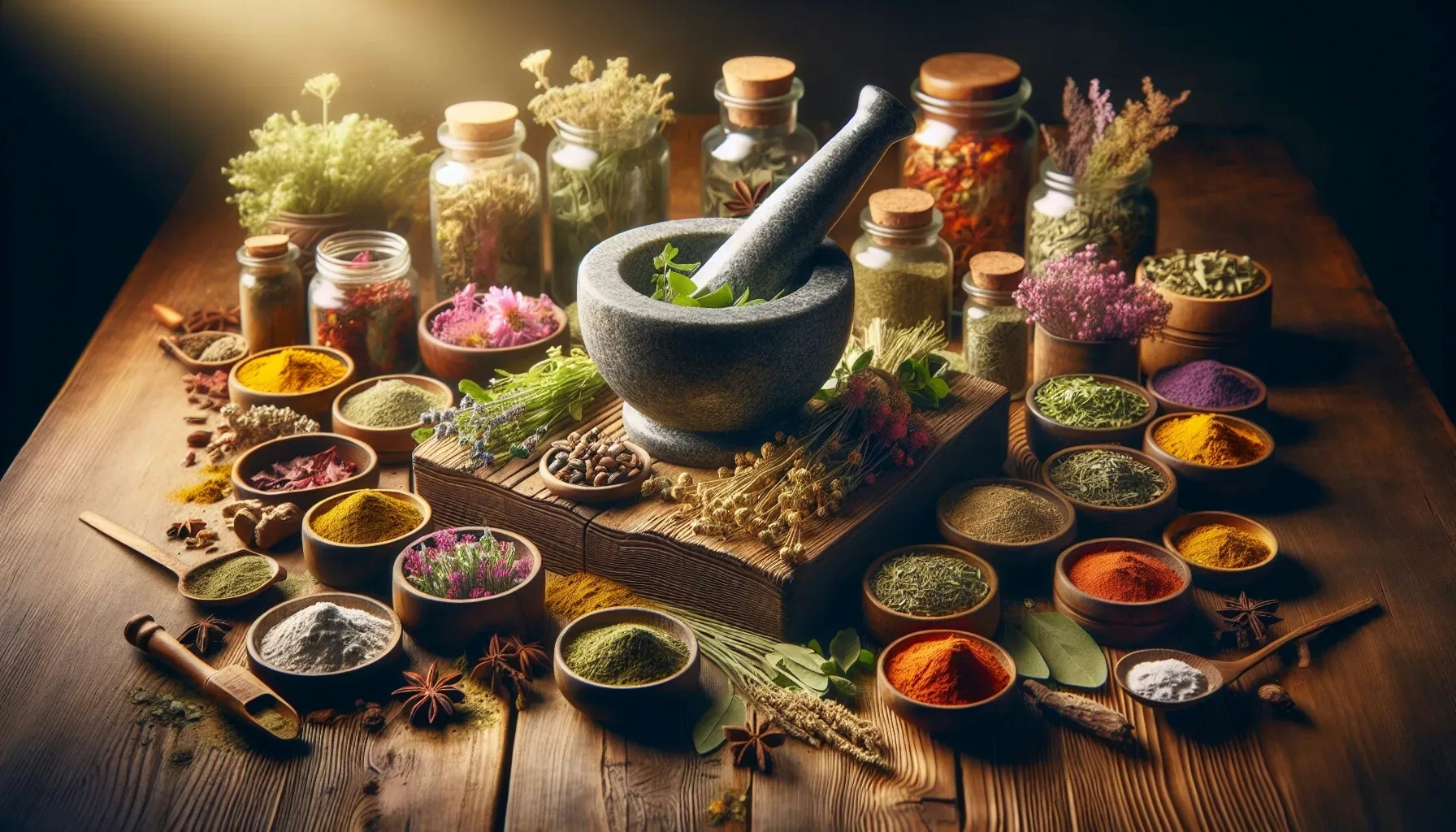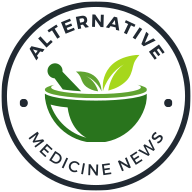Welcome to a comprehensive guide on the interactions between herbal medicine and pharmaceutical drugs. This blog post aims to shed light on the complex relationship between these two forms of treatment. We will delve into the potential risks, benefits, and considerations when combining herbal remedies with conventional medications.
Understanding Herbal Medicine
Herbal medicine, also known as botanical medicine, involves using plants' seeds, berries, roots, leaves, bark, or flowers for medicinal purposes. Long practiced outside the realm of conventional medicine, herbal medicine is becoming more mainstream as improvements in analysis and quality control, along with advances in clinical research, show the value of herbal medicine in treating and preventing disease.
Herbal medicine is often perceived as a safer, more natural alternative to pharmaceutical drugs. However, it's crucial to remember that 'natural' does not always mean 'safe.' Like conventional medicines, herbal remedies can have potent effects and may interact with other substances, including pharmaceutical drugs.
The Science of Drug Interactions
Drug interactions occur when a substance affects the activity of a drug when both are administered together. This action can be synergistic (when the drug's effect is increased) or antagonistic (when the drug's effect is decreased). Interactions between drugs can also produce unwanted side effects, and even lead to new side effects.
Interactions are not limited to prescription drugs. They can also occur between over-the-counter medications, supplements, food, alcohol, and even herbal remedies. Understanding these interactions is crucial to ensure the safe and effective use of any medication.
Potential Interactions Between Herbal Medicine and Pharmaceuticals
Herbal medicines can interact with pharmaceutical drugs through various mechanisms. Some herbs can potentiate the effects of drugs, leading to an overdose, while others can reduce drug efficacy, rendering the treatment ineffective.
For instance, St. John's Wort, a popular herbal remedy for depression, can reduce the effectiveness of birth control pills, heart medications, and anticoagulants. On the other hand, the herb Ginkgo Biloba, used for memory enhancement, can increase the risk of bleeding when taken with blood thinners.
The Importance of Informing Your Healthcare Provider
It's crucial to inform your healthcare provider about any herbal remedies you're taking. This information allows them to consider potential interactions with prescribed medications and adjust your treatment plan accordingly.
Unfortunately, many patients do not disclose their use of herbal medicine to their doctors, either because they don't view these remedies as 'drugs' or because they fear disapproval. This lack of communication can lead to serious health risks.
How to Safely Combine Herbal Medicine and Pharmaceuticals
If you're considering using herbal medicine alongside pharmaceutical drugs, it's essential to do so safely. Here are some tips:
- Always consult your healthcare provider before starting any new herbal remedy.
- Do not stop taking your prescribed medication without consulting your doctor.
- Be aware of potential signs of drug interactions, such as unexpected side effects.
- Keep a list of all medications and supplements you're taking, and share it with your healthcare provider.
The Future of Herbal Medicine and Drug Interactions
Research into the interactions between herbal medicine and pharmaceutical drugs is ongoing. As our understanding of these interactions grows, healthcare providers will be better equipped to guide patients in safely using these treatments together.
While there are risks involved, the potential benefits of combining herbal medicine with conventional treatment cannot be overlooked. With careful management and open communication with healthcare providers, patients can harness the best of both worlds to improve their health.
Wrapping Up: Herbal Medicine and Drug Interactions
Understanding the interactions between herbal medicine and pharmaceutical drugs is crucial for anyone considering combining these treatments. While herbal remedies offer many benefits, they can also interact with conventional medications in unexpected ways. By staying informed and maintaining open communication with healthcare providers, patients can safely and effectively use these treatments together.

